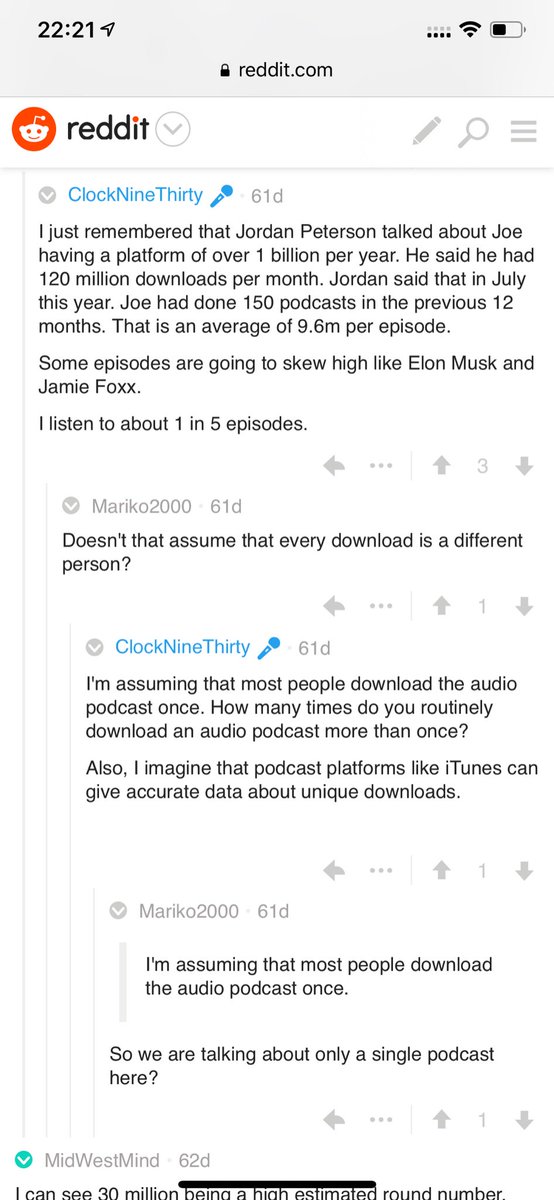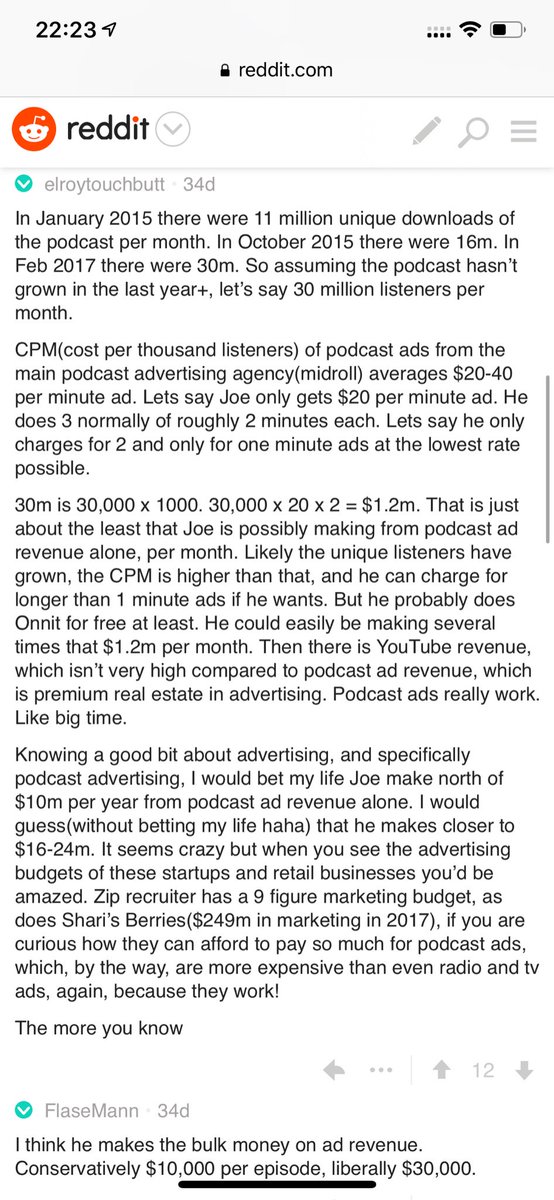Do we have the actual numbers of over 55yr olds given a 2nd dose at c12 weeks and the accompanying efficacy data?
Not to mention the efficacy data of the full first dose over that same period?
I’d quite like to know whether I am to be a guinea pig & the ongoing risks to manage
You attached photos of excerpts from a paper. Could you attach the link?
Re Pfizer. As I understand it the most efficacious interval for dosing was investigated at the start of the trial.
https://t.co/Ylhb0nQ07x
Here’s the link to the paper
https://t.co/NLA4aAcTNw
I’ve got to say that this way of making and announcing decisions is not inspiring confidence in me and I am very pro vaccination as a matter of principle, not least because my brother caught polio before vaccinations available.
No point saying “trust us” in a process where trust has been largely destroyed politically and shaken in the scientific community due to the consequences of decisions.
I suspect that today, when all the backlog of deaths are filled in over the next couple of weeks, we will find we are knocking on the door of 90k COVID deaths
Too little too late has been the pattern. It would be highly regrettable if the same was true of this vaccine programme
ALSO the advice to people and care/health personnel as to how to conduct themselves in the light of say 59% efficacy (across all age groups or was there variation? If so what variation? ) has got to be pretty clear
You are still at very real risk
Is that the one dose efficacy?
IF that is the efficacy is not the risk on continuing significant mutation and immunity escape not raised as well?
On immunological memory: Figs 10.24 & 10.25 gives known information on primary & secondary responses to immunogens.
Obvs I’m no expert
https://t.co/emudzIntRc
But I have a very keen interest in it not least because I am likely to be in one of the earlier groups (maybe sometime Feb or v early March).
Should I continue to isolate myself until June when I would get a second dose plus 14 days for immunity boost.
What does it mean in practical terms?
I’ve got to say that I wonder if the dire situation has put all those under such terrible pressure (& I do understand it must be awful) that they’ve not really fully consulted all key groups involved in the delivery of the vaccine.
I was feeling pretty upbeat, but now I feel far less confident.
One of the thoughts that troubles me is that confidence affects uptake.
So if illness and death decrease v promptly on one dose (with restrictions lifted) then confidence likely to increase and uptake improve (but will people come back for second dose...what then?)
If however, with restriction lifted illness and death continue significantly but at lower levels then I think confidence in the vaccine and in the people making decisions about which vaccine to deploy and how to deploy it will fall.
And so will uptake.
Seems a big gamble to me.
It also seems chaotic given it is pretty clear that the patient facing professionals - GPs/Practice nurses who actually deliver the vaccines not to mention the recipients and care homes appear not to have been consulted at all about the logistics and patient response.
I have just seen this helpful thread from vaccinologist expert
@sandyddouglas which reduces some of my concerns but raises the suggestion of an 8 week interval, rather than 12 week.
I suspect the shorter the interval the more likely there will be compliance with 2nd doses
https://t.co/i7E3nFfZ2Q
I think the paper that
@dgurdasani1 referred to in her thread with excerpts is in fact the Gov advisory that presents part of the data.
https://t.co/m8jzUNARWY

